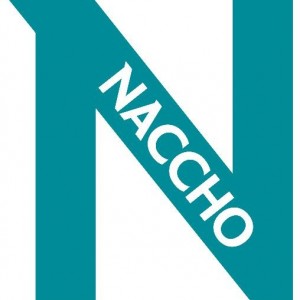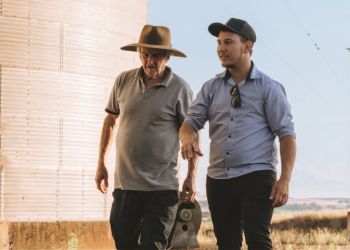By Douglas Sackett, Executive Director, Council for the Model Aquatic Health Code
 In the United States, the number of recreational water illness (RWI) outbreaks has increased significantly over the past two decades. Moreover, drowning remains a leading cause of unintentional injury-related death for children ages 1-14, second only to motor vehicle crashes. And, injuries from pool chemicals account for almost 5,000 emergency department visits each year.
In the United States, the number of recreational water illness (RWI) outbreaks has increased significantly over the past two decades. Moreover, drowning remains a leading cause of unintentional injury-related death for children ages 1-14, second only to motor vehicle crashes. And, injuries from pool chemicals account for almost 5,000 emergency department visits each year.
Since there is no federal regulatory agency overseeing aquatic facilities, there are no uniform, national standards for public pools, spas, water parks, and other treated aquatic facilities. State or local agencies are responsible for developing, reviewing, and approving pool codes. Often these codes are out of sync with the latest science and industry trends. To help government agencies and the aquatics industry make swimming and other water activities healthier and safer, the Centers for Disease Control and Prevention (CDC) took the lead in developing the Model Aquatic Health Code (MAHC). It took dozens of volunteer experts seven years to create the MAHC, which is the only all-inclusive, science-based, data-driven model pool code in existence. Released in the summer of 2014, the MAHC guides aquatic facility, design, construction, operation, maintenance, policies, and management of public aquatic facilities. The MAHC is voluntarily adopted wholly or in part and local and state agencies can change it to meet their needs. It is free, accessible to all, and backed by the CDC.
States and localities can use the MAHC to write or update existing pool codes that reduce the risk for outbreaks, drowning, and pool-chemical injuries. And, aquatics industry leaders don’t have to wait for a government agency to adopt the MAHC; they can implement key MAHC elements now.
Part of what makes the MAHC unique and successful is that the people who use it can contribute to its content and keep it up-to-date. The Council for the Model Aquatic Health Code (CMAHC) is the non-profit machine that drives the MAHC update process. The CMAHC exists exclusively to innovate, promote implementation, and organize research in support of the MAHC.
The CMAHC educates local and state authorities, aquatic facility owners, operators, designers, manufacturers, builders, and retailers about the MAHC and promotes its updating and voluntary adoption across the country. The CMAHC is a conduit for funneling advice to CDC on suggested improvements to incorporate into future versions of the MAHC.
Every other year, the CMAHC invites public health and industry leaders to gather at the “Vote for the Code” Biennial Conference, for discussion and member voting on new language and content for the MAHC. The MAHC discussion and decision-making is driven by CMAHC membership and is sustained through affordable individual and organizational memberships and sponsorships.
All stakeholders are invited to submit changes and become CMAHC members. Change requests for the MAHC 1st Edition are currently under review and the period to submit is closed. While anyone can submit a change request, only CMAHC members can provide comments and vote on the proposed changes.
The CMAHC will be hosting the Vote on the Code 2105 Biennial Conference Oct. 6-7 in Phoenix, just prior to the World Aquatic Health Conference. Local health departments are invited to register and participate in the live discussion and any breakout meetings.
For more information:









